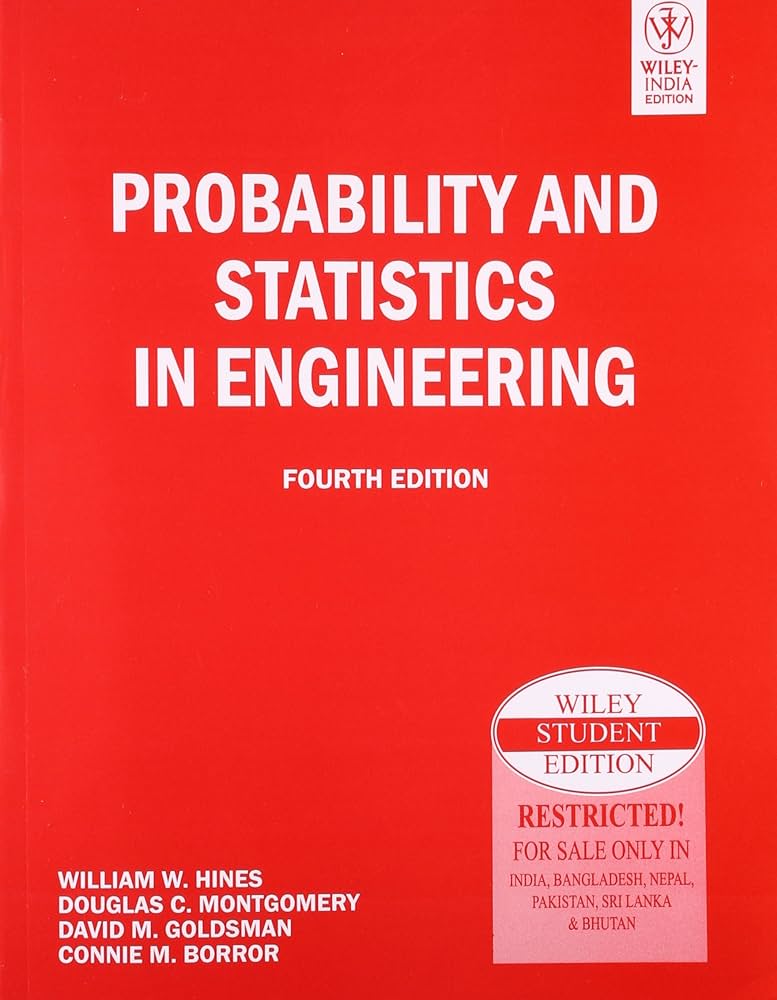0+
Courses


Data Science is the field of study that combines domain expertise
, programming skills , knowledge of mathematics and statistics to
extract meaningful insights from data for business.
It is a multidisciplinary approach that combines principles and
practices from the fields of artificial intelligence and above
fields to analyze large amounts of data.
This analysis helps data scientists to ask and answer questions
like what happened , why it happened , what will happen , and what
can be done with the results.
Courses
Students
Awards

Lorem, ipsum dolor sit amet consectetur adipisicing elit. Nesciunt aperiam deserunt eaque quos iure ad debitis.
Buy book
Lorem, ipsum dolor sit amet consectetur adipisicing elit. Nesciunt aperiam deserunt eaque quos iure ad debitis.
Buy book
Lorem, ipsum dolor sit amet consectetur adipisicing elit. Nesciunt aperiam deserunt eaque quos iure ad debitis.
Buy book
You can find the complete course on Data science here along with projects.
Learn More
This course is completely free of cost offered by Edureka and is available on youtube.
Learn More
Determine your specific goals and objectives in the field of data science. Are you looking to acquire a broad understanding of the field or specialize in a specific area. Knowing your goals will help you narrow down the course options.
Python and R are the most commonly used programming languages in data science courses due to their extensive libraries and tools for data analysis and machine learning.
To study data science, it is crucial to have a strong foundation in mathematics, including statistics and linear algebra. Additionally, proficiency in programming languages like Python or R is essential for data manipulation and analysis.
Deep learning is a subset of machine learning that trains neural networks to mimic the human brain, enabling automatic learning through interconnected layers. It utilizes backpropagation to adjust network weights and improve accuracy in predictions.
Machine learning focuses on developing algorithms that enable computers to learn and make predictions or decisions without explicit programming instructions, based on patterns and data. It involves training models on data to improve their performance over time.
Acquire a strong foundation in statistics and programming languages like Python or R. Gain hands-on experience through projects, internships, and online courses to showcase your skills and build a professional network within the data science community.
The field of data science offers diverse job roles, including data scientist, data analyst, machine learning engineer, business analyst, data engineer, and data consultant, among others.
Some popular tools and technologies used in the field of data science include Python (with libraries such as Pandas, NumPy, and Scikit-learn), R (with packages like ggplot and caret), and data visualization tools like Tableau and Matplotlib.
The duration of our data science courses varies depending on the specific course. We offer both short-term intensive courses and longer-term comprehensive programs. The course duration is mentioned in the course details on our website.
Yes, we offer data science courses tailored to accommodate learners with non-technical backgrounds. These courses provide a comprehensive introduction to data science concepts and emphasize practical applications without assuming extensive technical knowledge.